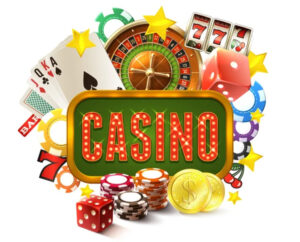The Psychology Behind Gambling Addiction

What Is Gambling Addiction?
Gambling addiction, also known as compulsive gambling or gambling disorder, is a psychological condition where individuals are unable to resist the urge to gamble despite negative consequences. It affects both emotional and neurological functioning and often mirrors substance addiction in its progression and impact.
The Brain and Gambling: A Neurological Perspective
Gambling activates the brain’s reward system, particularly the release of dopamine—a neurotransmitter linked to pleasure. Unlike natural rewards, gambling can produce repeated surges of dopamine, reinforcing the behavior. Over time, the brain begins to crave this stimulation, leading to increased risk-taking and dependency.
Psychological Triggers and Risk Factors

A combination of emotional, social, and psychological factors can trigger or worsen gambling behavior. Common risk factors include:
- Pre-existing mental health disorders (e.g., depression, anxiety)
- Impulsivity and poor decision-making skills
- Trauma or stressful life events
- Low self-esteem and emotional instability
- Social environment that normalizes gambling
Behavioral Patterns of a Gambling Addict
People with gambling addiction often show consistent behavioral symptoms. These include lying about gambling activities, chasing losses, betting more money over time, and sacrificing relationships, work, or finances to continue gambling. This compulsive pattern mirrors substance abuse in its psychological toll.
Consequences of Gambling Addiction
| Category | Impact |
|---|---|
| Emotional | Stress, depression, anxiety, guilt |
| Financial | Debt accumulation, bankruptcy, theft |
| Social | Relationship breakdowns, isolation |
| Occupational | Job loss, decreased productivity |
Treatment and Recovery Approaches
Effective treatment for gambling addiction involves a multifaceted approach. Cognitive Behavioral Therapy (CBT) is often used to help individuals identify and reframe harmful thinking patterns. Support groups such as Gamblers Anonymous provide peer support, while some cases may benefit from medication to address underlying psychological issues.
Recognizing the issue is the first crucial step. With professional help and social support, many individuals can regain control over their behavior and rebuild their lives.







